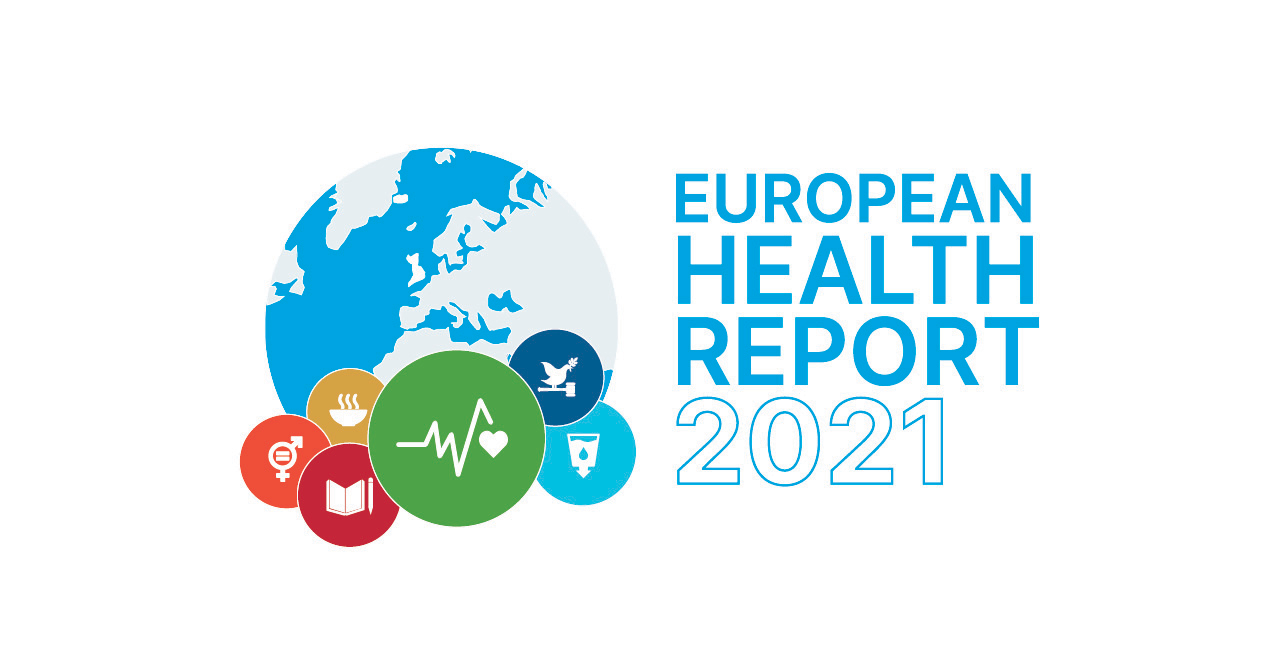There is a popular perception that video games are bad for our well-being – but the latest research shows that they also have the potential to make our lives healthier. WHO/Europe started an expert discussion on how gaming can improve our mental well-being, train health professionals to use new medical tools and even help people with physical limitations to overcome their conditions.
There are more than 2 billion active gamers worldwide. As the world aims to have 1 billion more people live a healthy lifestyle by 2023 – in line with Triple Billion targets – gaming has the potential to be one of the major areas for health promotion.
Not only health risks
WHO classified gaming disorder as a clinical syndrome in the 11th edition of the International Classification of Diseases (ICD-11). This is the case when the pattern of gaming behaviour results in distress or significant impairment in personal, family, social, educational or occupational functioning.
“There are obvious risks connected with video games that need to be addressed across the Region: from concealed ads for unhealthy products inside the gameplay, to games’ impact on sedentary lifestyles and mental health. On the other hand, research available today demonstrates that there is a potential to develop interventions and use video games for the prevention and control of noncommunicable diseases,” said Dr Kremlin Wickramasinghe, Acting Head of the WHO European Office for the Prevention and Control of Noncommunicable Diseases (NCD Office).
“We have just started this challenging but much needed dialogue among different stakeholders to improve our understanding.”
In the WHO European Region, 5 noncommunicable diseases (NCDs) (cardiovascular diseases, diabetes, cancer, chronic respiratory diseases and mental disorders) account for more than 80% of all premature deaths, so innovative approaches to prevent and manage NCDs are more than welcome. Taking opportunities to use visual gaming practices is one of these promising approaches.
To explore this topic, WHO/Europe organized a 2-day conference and a public webinar “Video games and noncommunicable diseases” in November. The same topic will be explored at the WHO European Conference on Tackling Noncommunicable Diseases through Digital Solutions to be held in Moscow on 14–15 December.
Gaming as medical treatment
There are many ways in which the techniques widely used in video games can lead to better health. For example, some popular commercial video games are used to help people with mental disorders, or with chronic pain.
“Video games can be used in health care, and they are already used in some official treatment programmes. They can either inform and teach patients how to live with their medical condition or help to distract them,” said David Drummond, Assistant Professor, Necker Enfants Malades Hospital, University of Paris, France.
“But from what is known today, games could work only as part of a broad approach based on more traditional interventions. In other words, games will not replace people in the health sector”.
Gamification: how long is the positive effect?
Introducing game mechanics to other activities and behavioural contexts is another option that can help NCD prevention.
“The intention with gamification is to make health behaviour-change easy and fun rather than complicated and demanding. A few promising case examples have shown that this may be possible, but there is a need for more rigorous research,” said Katrine Bach Habersaat, Regional Advisor, Behavioural and Cultural Insights, WHO/Europe.
Recent research has shown that well-designed gamification apps can increase physical activity levels among adults with overweight and obesity. But the positive effects may fade with time. Just 3 months after the end of the experiment, the physical activity levels of most respondents had fallen to insufficient levels.
In search of the “secret ingredient”
Today, only 10% of quality research papers show that gamification techniques can really lead to more healthy behaviours.
There is a clear need for more data on video games’ potential to bring down NCD levels and promote health in line with the WHO European Programme of Work 2020–2025.
“When we study the effects of gaming, a lot is going on at the same time: the graphics; the challenge; the people you may be playing with. From an experimental science perspective, this can be compared to prescribing a group of patients 12 different herbal remedies and approved medicines at the same time, and trying to guess which one gave the effect you wanted,” said Andreas Lieberoth, Associate Professor at Aarhus University, Denmark.
“That’s why we need to continue our research of “secret ingredients” inside video games. Which is indeed a hard task because gaming mechanisms and gamer’s reaction to them continue to shift all the time, and gamers differ widely in the way they use and respond to various games.”




